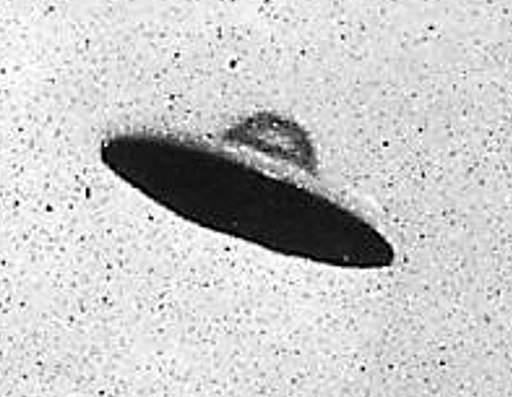
The case, many say, is long closed.
It’s been 70 years since the executions of Julius and Ethel Rosenberg on charges of spying for the Soviet Union.
It’s been 28 years since the public release of decrypted Soviet cables revealing that Julius Rosenberg was indeed guilty, and at least strongly implying that Ethel Rosenberg knowingly participated in his espionage work — not just typing documents to hand over to his handlers, but even actively recruiting her own brother into the operation.
But we still don’t know the whole truth, and not everyone who’s interested in the truth has forever to wait around for it.
Michael and Robert Meeropol are, respectively, 80 and 76 years old.
They were, respectively, ten and six years old when their parents, Julius and Ethel Rosenberg, went to their graves as convicted spies.
“Though we grew up believing in our parents’ innocence,” the brothers say in a June 16 statement, “as adults we adjusted our views as we learned more about the case. … the truth was more important than our beliefs.” The Soviet decrypts convinced them of their father’s guilt. But “we would like to know the full truth about our mother’s case before we die.”
The National Archives informs the Meeropol brothers that it possesses half a million pages of still-classified information that could be relevant to a Freedom of Information Act request they filed in pursuit of that truth. The NSA admits to possessing still more such information. “We were told that it will take years just to review the documents, let alone declassify them and make them public.”
It’s already BEEN years. Seventy years since the Rosenbergs’ executions, 72 years since their convictions, 73 years since their arrests, and for that matter more than 30 years since the Soviet Union disappeared into history’s dustbin.
The kind of information involved — on, per Wikipedia, “American radar, sonar, jet propulsion engines, and nuclear weapon designs” — has all almost certainly long since become widely known, or obsolete, or both.
Similarly, any information pertaining to US intelligence “sources and methods” has been superseded by new sources and new methods.
Why does the US government continue to keep these particular secrets?
The only answer that fits is “because they can.”
And not just in this case. The US government has continued to hide information on the JFK assassination case, “Unidentified Aerial Phenomena,” aka UFOs, and heaven only knows what other things, for decades on end, without penalty and absent any accountability, throwing out the phrase “national security” as a trump card any time they’re pushed on such matters.
We really need to fix that. All of it. ASAP.
And we should start by getting two old men some answers about their mom before they follow her into eternity.
Thomas L. Knapp (Twitter:@thomaslknapp) is director and senior news analyst at the William Lloyd Garrison Center for Libertarian Advocacy Journalism (thegarrisoncenter.org). He lives and works in north central Florida.
PUBLICATION/CITATION HISTORY


